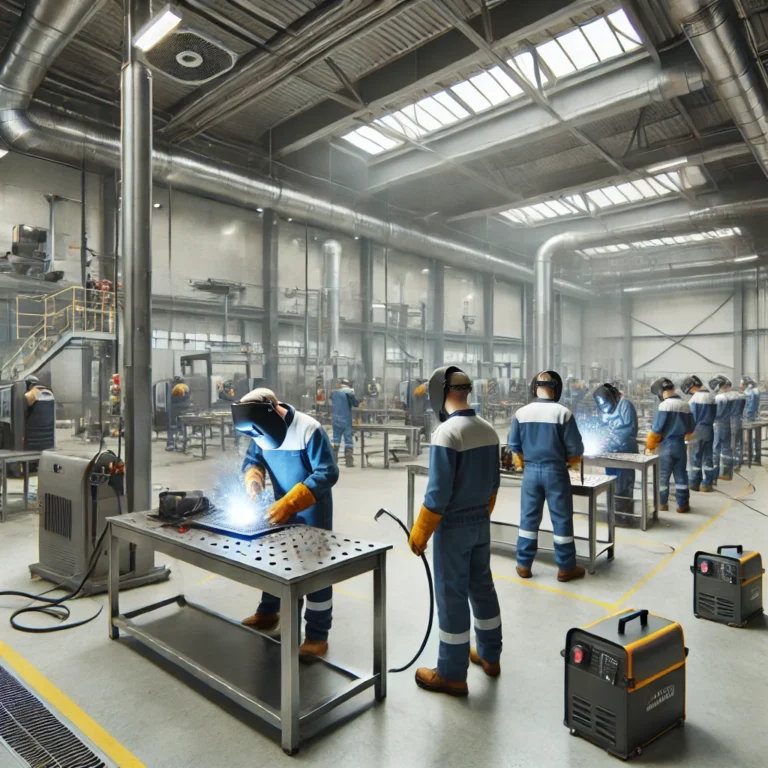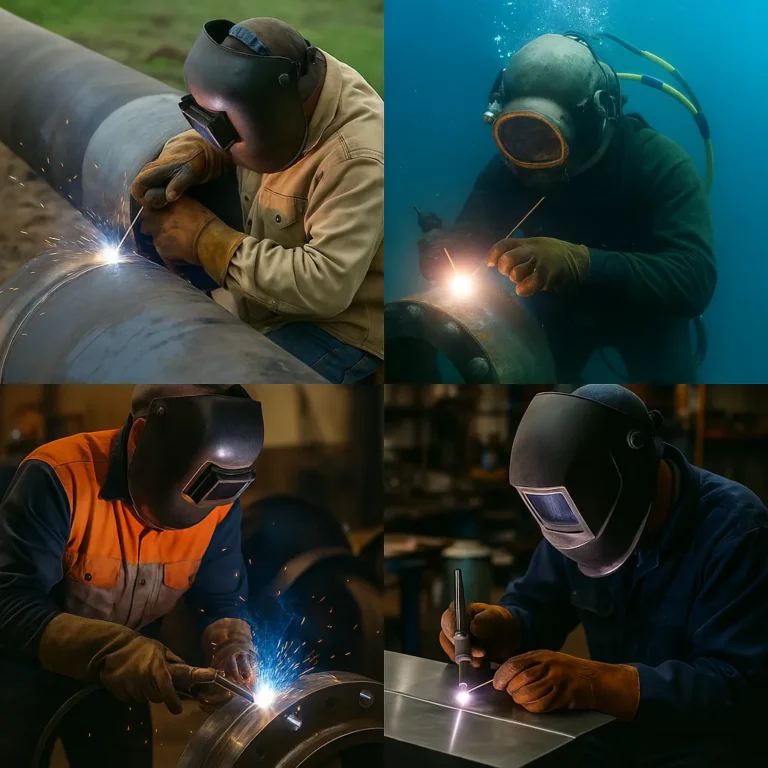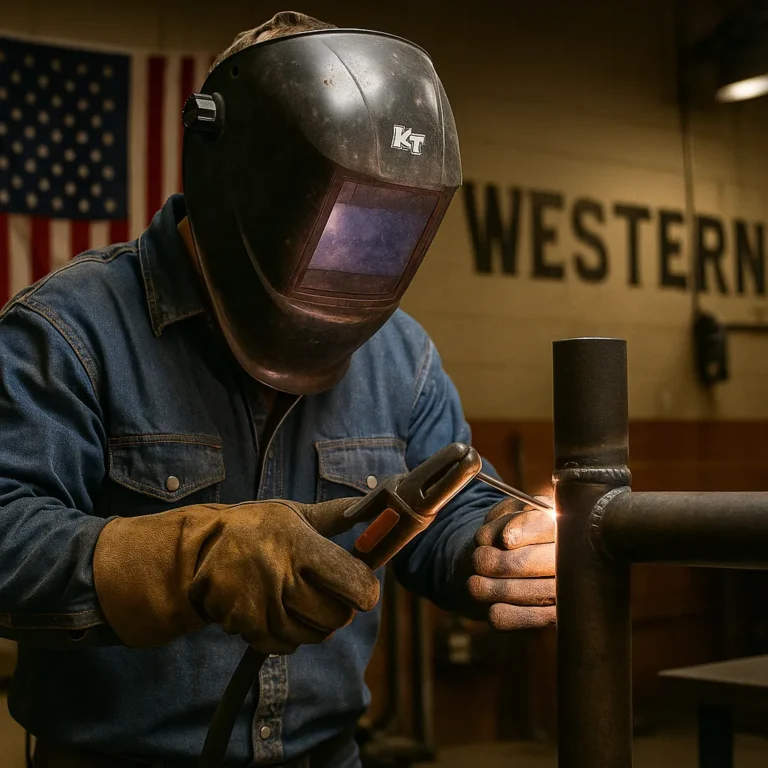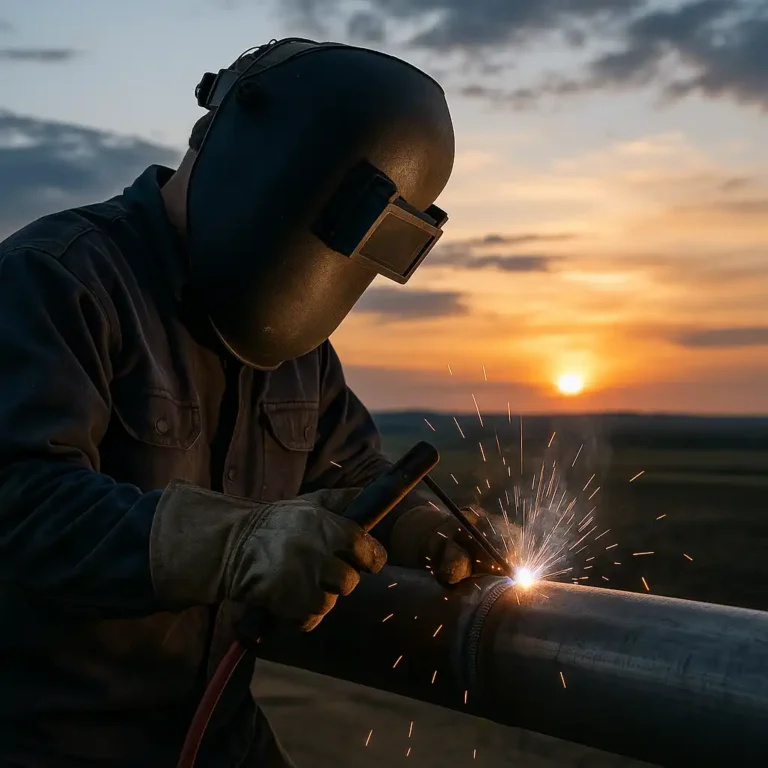How Much Does a Welder Make a Week: Real Numbers Explained
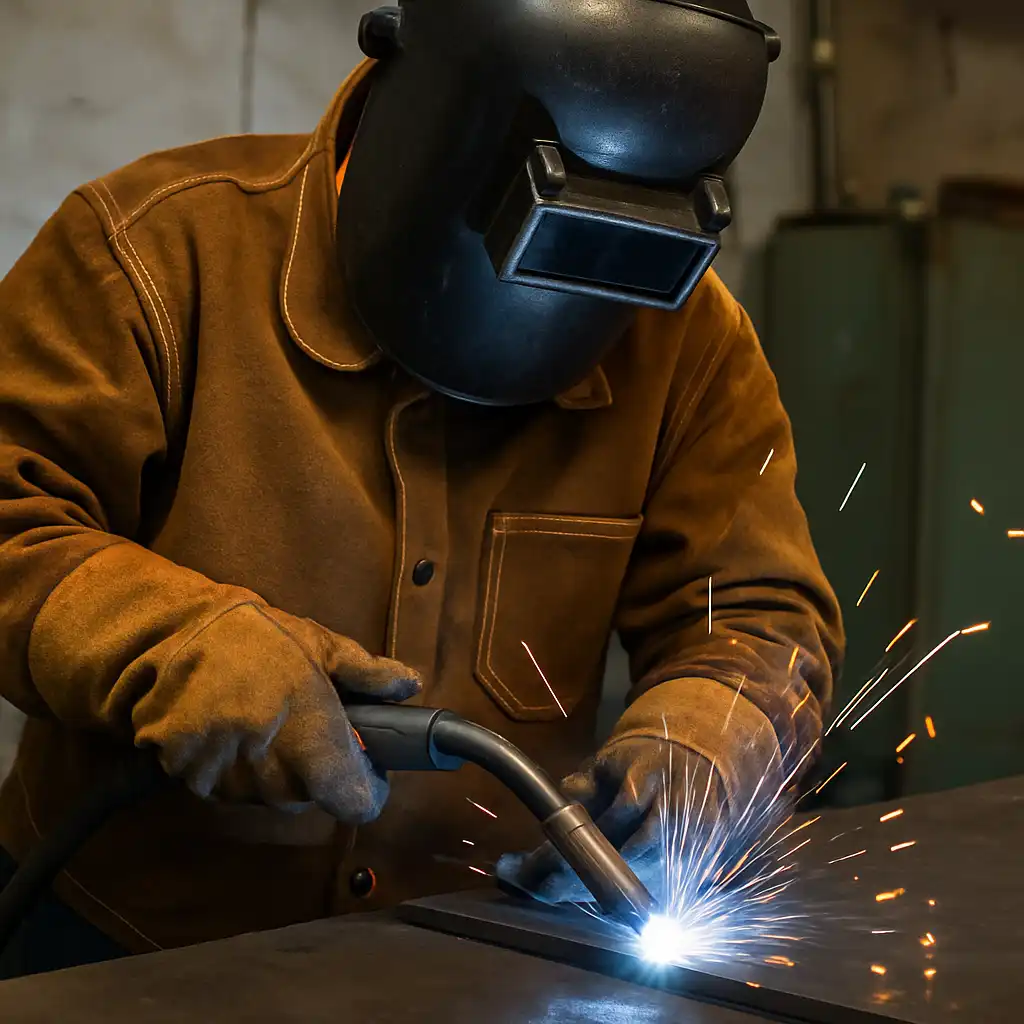
The earning potential of a welder can vary widely based on location, experience, certifications, and the type of welding job performed. Whether you’re thinking of getting into the trade or are already in the field, understanding weekly earnings gives you a clearer view of what to expect and how to plan for a career in welding. From entry-level apprentice roles to specialized underwater or pipeline welders, weekly pay can differ drastically.
Factors That Influence a Welder’s Weekly Pay
Several variables come into play when calculating a welder’s weekly earnings. The most significant factors include experience level, industry type, certifications, and geographic location. Entry-level welders might start around $15 to $20 an hour, while skilled tradespeople with certifications in TIG or pipe welding can earn double or even triple that rate.
Welders working full-time typically clock 40 hours per week. Assuming a modest hourly rate of $25, a welder earns about $1,000 weekly before taxes. Those with advanced skills or working overtime or in hazardous conditions, like oil rigs or industrial settings, often report $1,500 to $2,000 or more per week.
Average Weekly Income by Experience Level
New welders with minimal experience usually earn on the lower end of the spectrum. Apprentices might bring in $600 to $800 weekly, depending on the job site and region. As experience grows, so does income. Mid-level welders often earn around $1,000 to $1,300 per week. Senior welders or those in supervisory roles can expect even higher figures.
Certifications from recognized bodies like the American Welding Society (AWS) can significantly boost pay. Welders with certifications in structural steel or pipe welding can command higher rates, especially in demanding industries such as shipbuilding or power generation.
Highest Paying Welding Jobs per Week
Not all welding jobs are created equal. Some specialized positions offer considerably higher weekly earnings. For example, pipeline welders working in remote locations often earn $2,500 to $3,000 weekly thanks to hazard pay and overtime. Underwater welders, while rare and highly trained, can also earn $3,000 or more per week due to the extreme conditions and technical demands of the job.
Traveling welders and those working on military contracts or industrial plants may receive additional allowances for lodging, meals, and transportation, which further increases their total weekly compensation.
Regional Variations in Weekly Welding Pay
Location matters greatly when it comes to welder salaries. Welders in states like Alaska, North Dakota, and Texas often report higher weekly pay due to the prevalence of energy and construction jobs that demand welding skills. In contrast, rural areas or states with lower cost of living might offer more modest compensation.
Urban areas with strong infrastructure, shipyards, or manufacturing plants also tend to offer competitive weekly rates. In these regions, welders may find steady employment and opportunities for overtime, further boosting weekly income.
Conclusion
So, how much does a welder make a week? It depends—but for those with solid skills and the right certifications, the trade offers steady and often lucrative income potential. While entry-level roles may begin around $600 to $800 per week, seasoned welders in specialized fields can make well over $2,000 weekly. As with any trade, commitment to learning and obtaining certifications plays a major role in boosting earning potential.

